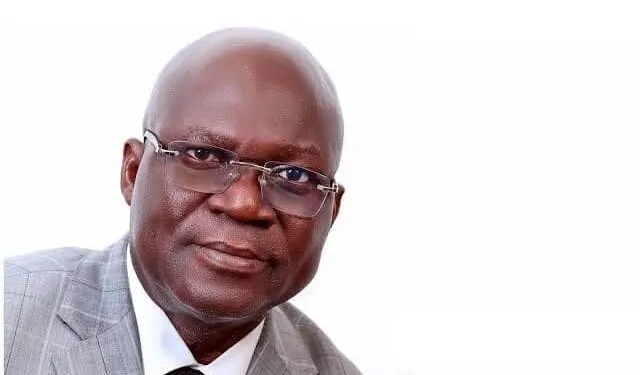Rivers State Crisis: Tinubu Accused of Impeachable Offense

Abati: Tinubu Violated Constitution by Declaring State of Emergency in Rivers
Veteran journalist and former presidential media adviser, Dr. Reuben Abati, has accused President Bola Tinubu of committing an impeachable offense by unilaterally declaring a state of emergency in Rivers State and assuming legislative powers.
Speaking on The Morning Show on Arise Television on Wednesday, Abati argued that Tinubu’s decision directly contravened Section 305 of the Nigerian Constitution, which outlines the legal framework for declaring a state of emergency. He stressed that the president lacked the constitutional authority to dissolve the Rivers State legislature or appoint an administrator with regulatory powers.
“A governor cannot be removed from office by the proclamation of the president of Nigeria,” Abati stated, condemning Tinubu’s assumption of legislative powers.
His comments followed Tinubu’s national address on Tuesday night, in which the president cited political instability in Rivers State, including Governor Siminalayi Fubara’s alleged demolition of the State House of Assembly, as justification for the emergency declaration effective March 18.
However, Abati insisted that the situation in Rivers did not meet the constitutional threshold for such a proclamation. “Section 305 only permits a state of emergency in cases of war, insurrection, or a breakdown of public order—none of which apply to Rivers,” he stated.
He further accused Tinubu of overstepping his powers by usurping the National Assembly’s role. “Only lawmakers—not the president or the Federal Executive Council—can legislate for a state during an emergency,” he said.
“By assuming the authority to make laws for Rivers State, President Tinubu has effectively violated the Constitution. That is an impeachable offense,” Abati declared.
Citing Section 188, which defines the legal process for impeaching a governor, he emphasized that only the state legislature and a judicial panel can lawfully remove a sitting governor—not a presidential directive.
“There is no provision in the 1999 Constitution that allows the president to unilaterally remove a governor, dismiss the deputy governor, or dissolve a state legislature,” Abati maintained.
He called on the National Assembly to either reject Tinubu’s proclamation or initiate impeachment proceedings against the president for constitutional violations.




